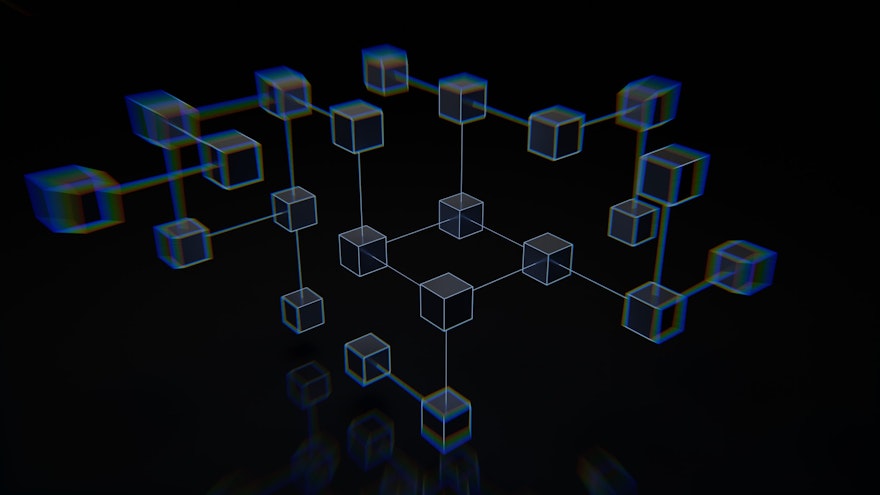To put it simply? Yes. However, to explain why, let’s start with the latter.
Web2 is the internet that we use today. The basis of Web2 is our dependence on centralized rule-making entities to provide infrastructures such as managed databases and elastic compute capabilities that enable the public to build applications that weren’t possible before. These entities usually claim to have the community’s best interest. While some entities follow through on their claim, sometimes their primary directive - profit - becomes the priority. Of course, that’s not to say that these entities are anything but efficient - the convenience and innovation that these entities have provided are unparalleled in the world of digital communication. Digital infrastructure organizations such as GCP, AWS, Azure, and consumer-directed organizations such as Uber and Netflix have simply laid the groundwork for the next step: Web3. Why?
Web3 allows people to talk to each other without depending on one power to control the message. The keyword is dependence or lack thereof. Web3 allows us to utilize the internet without relying on a singular service provider. Whether it be cloud providers or social media giants that have everyone (including me) scrolling through an endless sea of content, Web3 will be able to break through those to focus on user control and accessibility. It’ll allow users to use the same apps they know and love in a decentralized manner. A person who wants to build and deploy an application for the general public to use can do so on a network powered by public trust. For example, someone who wants to make money by using their car to drive people can do so without having to follow the whims of a particular service provider, such as Uber or Lyft, whose prices tend to fluctuate arbitrarily and are typically directed so the companies make the most profit, not the drivers. The rules, regulations, and monetization are set and/or approved by the community—the users and drivers—not a singular provider.
Given this, I firmly believe Web3 will replace Web2. Web3 replaces the dependence on a singular service provider with independence. The cool, convenient, and centralized cloud systems that are widely prevalent today will never be replaced, of course, as they provide important tools that much of the internet is built on today. Web3 will instead usher in a new wave of interconnectivity to allow us to use the tools typically provided by large companies on the internet on our terms. In the same way, Web2 replaced Web1 (the first iteration of the internet) by augmenting functionality, Web3 will replace Web2 by augmenting our current digital interactions.
It is undeniable that the current definition of Web3 is still extremely fluid and the engineering is still in its infancy, but a purely decentralized model in which users control their digital footprint powered by a group of independent centralized service providers - effectively turning them into a decentralized network - is no doubt the internet of the future. Customer-centric companies will thrive as it not only allows for communities to be users of a good or service, but also lets stakeholders improve quality and profit all around. Especially with the latest “version” of the economy promoting a gig-based path - whether that's through high-tech software consultants, a content-creator promoting their own brand, or even a rideshare driver - such a peer-to-peer economy should be built and powered with peer-to-peer technologies. It should be built with Web3. It will be built with Web3.
Acknowledgment
Thanks to my brother Krishna Grandhe for helping me edit this first version!
